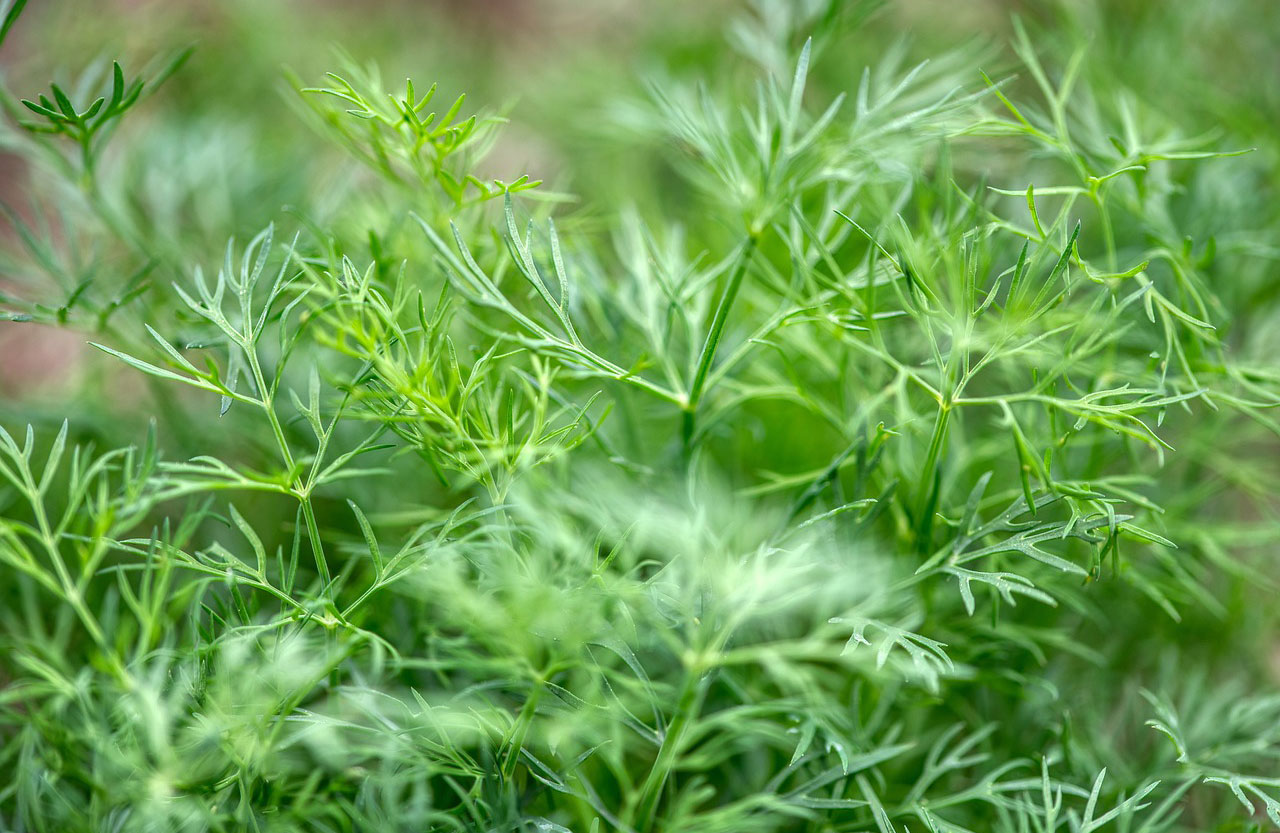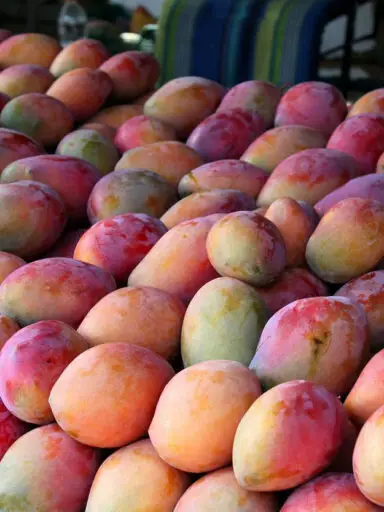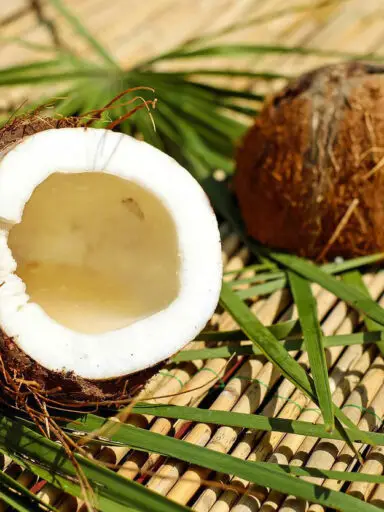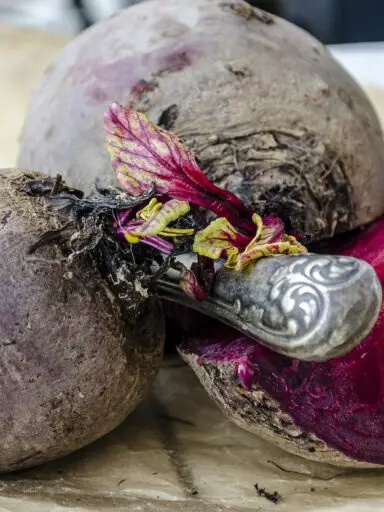Dill or Dill weed is a herb that has significance in the culinary field. It is related to celery, cumin, caraway, and fennel and comes from the genus Anethum. Both leaves and seeds are used to add flavor to food as a herb and spices respectively.
The herb grows to about half a meter tall. It has fine needle-like leaves which grow to about 20 centimeters long. with divisions that are about 1 to 2 millimeters in diameter and resemble fennel.
The seeds reach about 4 to 5 millimeters on maturity. It grows best in the well-drained fertile soil in temperate to cold regions.
The herb is most popular in Central and Eastern Europe, Scandinavia, Baltic States, Russia, and Finland. It is popularly used alongside chives or parsley.
It is also widely used in India, the Middle East, Thailand, Vietnam, China, and Canada where it is used as a garnish over Salmon.
The fresh herb and seeds are available in the marketplaces throughout the year. The fresh herb is superior in flavor and rich in many vital vitamins and antioxidants.
It should be bright green and vibrant when fresh. The stems should be firm and should not show any signs of wilting, rot, mold, or any fungal infections.
At home, one should store the fresh herbs in a refrigerator in a ziplock plastic bag. It should be purchased when needed as it doesn’t keep its flavor over long periods.
The seeds, as well as dill oils, are also available in-store throughout the year. It is ideal to buy the seeds whole. Milled seeds unless bought from reputable sources can be adulterated with a lower quality product or other impurities.
Using Dill Weed and Seeds for Culinary Purposes
Wash the fresh herb thoroughly under running water in order to remove dirt and soil particles. Pat dry with a kitchen cloth or paper towel.
You may then chop the herb as desired and add it to food at the last moment during the cooking process to retain the maximum flavor possible. The same applies to the seeds whether used whole or milled into a powder.
Dill weed and seeds are ideal for sauces and soups. They are also used to garnish appetizers and salads. You can check out this dill seed article which covers more details.
They are also used to impart flavor to vegetables, meat, poultry, and fish dishes.
Nutritional Benefits
Dill comes with vitamins, minerals, antioxidants, and essential oils. It contains just 43 calories per 100 grams. You will also find good quantities of carbohydrates, proteins, fats, and oils.
It contains no cholesterol and is a good source of dietary fiber.
Dill is rich in B-complex vitamins such as folates, riboflavin, and pyridoxine. Others are niacin and pantothenic acid.
Dill is also a very rich source of vitamin A and vitamin C. It is also rich in Potassium and other minerals such as calcium, copper, iron, and magnesium. It is also a great source of manganese, phosphorus, and zinc.
There is a detailed article covering the dill seed here, so please be sure to check it out.




